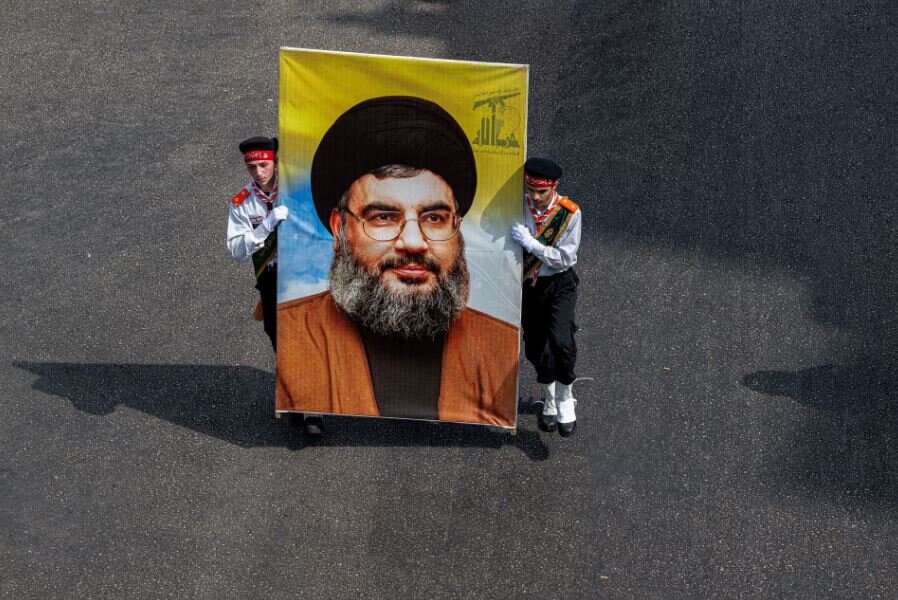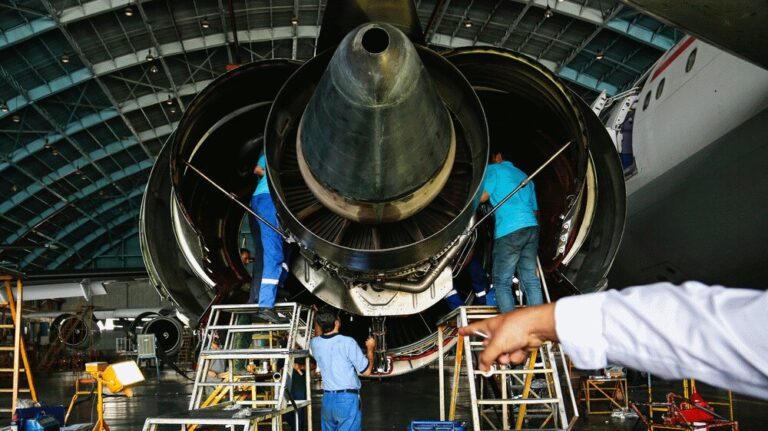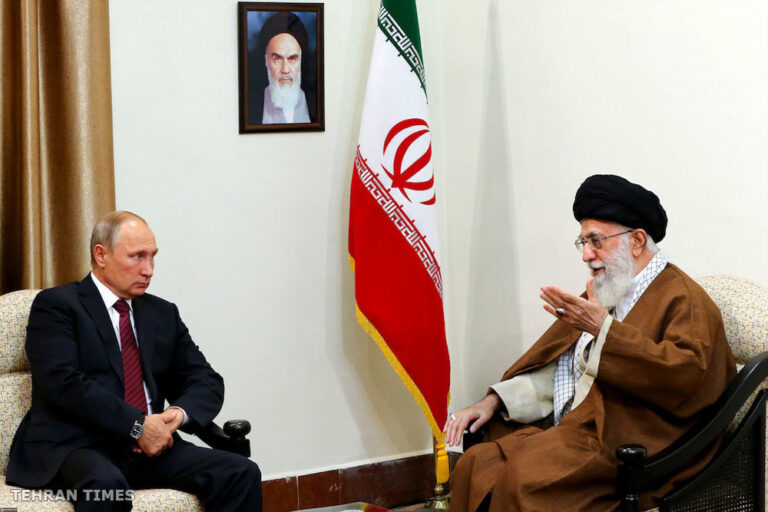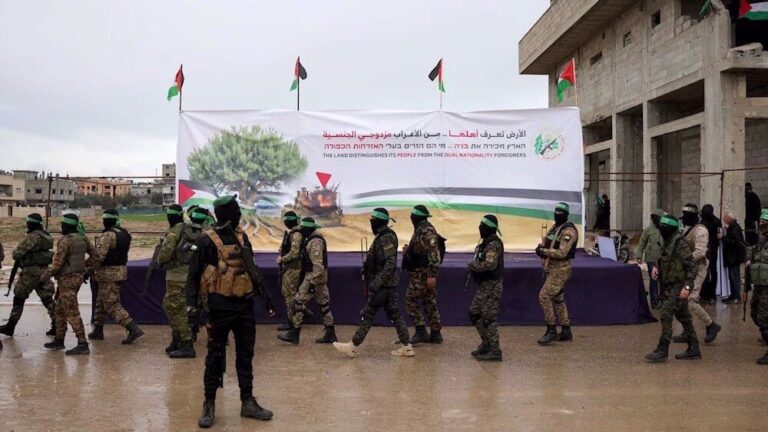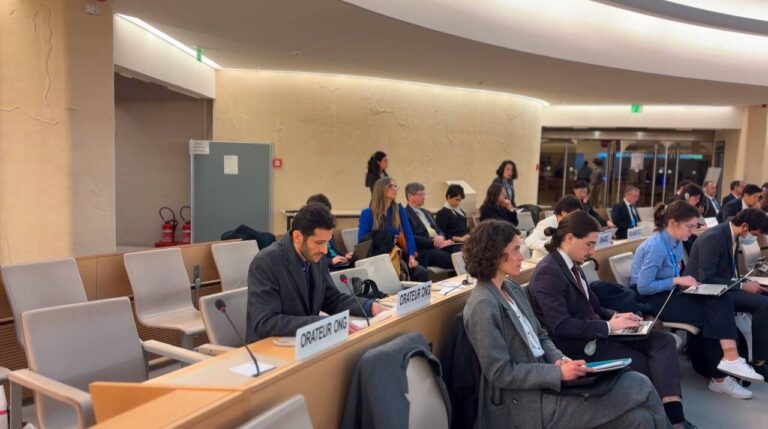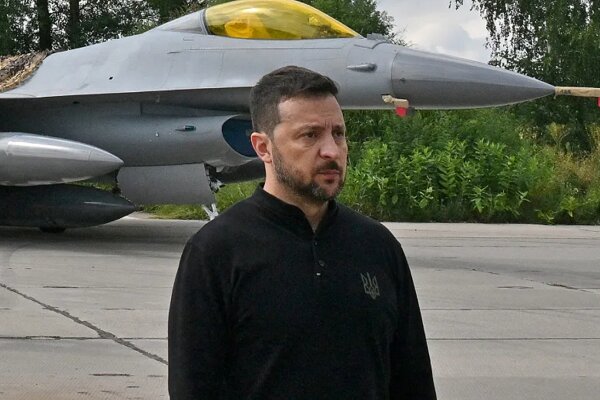Martyrs Thrive in Spirit: A Deeper Look at Their Ascension
In a poignant display of solidarity and resistance, thousands gathered for the funeral of Sayyed Nasrallah, marking a significant moment in the ongoing struggle against oppression and imperialism. This event not only drew attendees from Lebanon but also attracted international figures, highlighting the global relevance of the resistance movement. Sayyed Nasrallah’s legacy as a leader who rose from the depths of adversity in Beirut to challenge U.S. dominance and its proxy, “Israel,” remains a powerful symbol of defiance.
As the echoes of his speeches continue to resonate, they instill hope and determination in those fighting against injustice and occupation. His martyrdom serves as a reminder that the struggle against colonialism transcends mere politics and military action; it embodies the eternal conflict between good and evil.
The funeral itself can be viewed as an international referendum, showcasing the unwavering commitment to resist the colonial designs of the U.S. and its allies. Just as Hezbollah’s victory in the 2006 war elevated Sayyed Nasrallah to hero status among millions, the date of February 23, 2025, will be remembered as a critical juncture in the fight against imperialist oppression.
The impressive turnout at the funeral, particularly among Lebanese attendees, thwarted efforts to dilute the collective consciousness that embraces the Resistance. This gathering was not just about mourning but also a powerful statement against the aggression that sought to undermine their spirit.
Since the tragic events of September 17, 2024, which included the Pager and Walkie-Talkie massacre, the targeted killings of Hezbollah leaders, and ultimately Sayyed Nasrallah’s assassination, it is clear that the U.S.-led Israeli aggression aimed to enforce submission to their terms. However, the enemy’s greatest miscalculation has been its misguided belief that it could convince the Hezbollah community of its supposed invincibility.
For decades, the RAND Corporation, a think tank associated with the U.S. Department of War, has examined Resistance movements—often labeling them as rebellion movements. Their research aims to develop strategies for U.S. aggression against these groups. A notable paper titled “Understanding and Influencing Popular Support for Rebellion and Terrorism” identifies four factors that underpin popular support for Resistance movements:
- Organizational Effectiveness: This includes charismatic leadership, resource mobilization, adaptability, and ideological commitment.
- Motivation: This encompasses identity and interest factors, including ideological beliefs and social benefits.
- Perceived Legitimacy: This relates to the recognized validity of the movement’s goals and actions.
- Acceptance of Costs and Risks: This involves the evaluation of potential losses and the willingness to endure them for the cause.
According to RAND, the factor of organizational effectiveness is crucial as it heavily influences the other factors determining popular support. The enemy’s strategy has been to undermine the charismatic leadership of Sayyed Nasrallah, attempting to convince supporters that his martyrdom would lead to Hezbollah’s collapse. However, this assumption overlooks the resilience and commitment of the Resistance.
In terms of motivation, RAND highlights two primary sub-factors:
- Identity Factors: Ideological, religious, and cultural concepts that inspire honor and dignity.
- Interest Factors: The social benefits derived from participating in the Resistance.
The U.S.-Israeli alliance has not succeeded in eroding these motivating factors. Instead, they have manipulated anti-Hezbollah factions in Lebanon to sway public opinion, attempting to deter participation in significant events like the funeral.
Since October 8, 2023, Sayyed Nasrallah shifted the narrative to emphasize the legitimacy of supporting Gaza, countering those who underestimated the enemy’s brutality and schemes. He made it clear that the fight against oppression is a shared struggle, extending beyond geographical boundaries.
Furthermore, regarding the acceptance of costs and risks, RAND categorizes sub-factors into:
- Evaluating the Victor: Understanding who benefits from the conflict.
- Personal Risks and Costs: Assessing the individual sacrifices required.
- Compensating for Costs and Social Pressures: Addressing the societal expectations related to participation in the Resistance.
The discourse from the enemies often revolves around portraying human and material losses, seeking to instill doubt about the effectiveness of the Resistance. However, regardless of these attempts, the most significant oversight by RAND and other Western think tanks remains their failure to grasp the profound ideological motivations that fuel Hezbollah’s support.
As the people continue to gather in solidarity, they embody the essence of resistance, firmly grounded in the belief that those who sacrifice for a just cause are not gone but live on, as emphasized in the Qur’anic verse: {And never think of those who are killed in the way of Allah as dead. Rather, they are alive with their Lord, receiving provision.} [Al Imran: 169].
